Widely utilised in portable electronic gadgets, electric cars, and large scale energy storage systems, lithium-ion batteries (Li-ion) are a kind of rechargeable battery. It works by means of lithium ions’ shuttling between the two poles during battery charging and discharge. High energy density in a tiny size that is perfect for portable electronic devices is one of the various benefits of a Lithium-ion battery. Since it is usually used in electric cars, it is also more affordable and safer for the environment since it can be charged and used again without influencing its efficiency.
GOLDENMATE 12V 200Ah
The finest battery with great efficiency and more than 15000 cycles capability is GoldenMate 12V 200 Ah. Protecting the battery from overcharging, over-discharging, overcurrent, over heating and short circuiting, the BMS manages charging and discharging of the battery. Being a consistent source of power backup, it is appropriate for off-grid, solar, trolling motor, power wheel, and RV applications. There is no need for maintenance; the GOLDENMATE 12V 200Ah battery has one year of shelf life. It allows the user to connect up to four batteries in series or in parallel to increase the voltage or the capacity correspondingly, therefore facilitating simple expansion of the device. Its 120A continuous discharge current is also rather high. Easy to maintain and recharge the GOLDENMATE 12V 200Ah is meant to operate with LiFePO4 battery chargers, solar panels + MPPT, and generators. Fast charging with less need for maintenance—that is, the addition of water—allows this deep cycle battery with a maximum charge current of 100A a dependable and practical answer for energy storage demands.
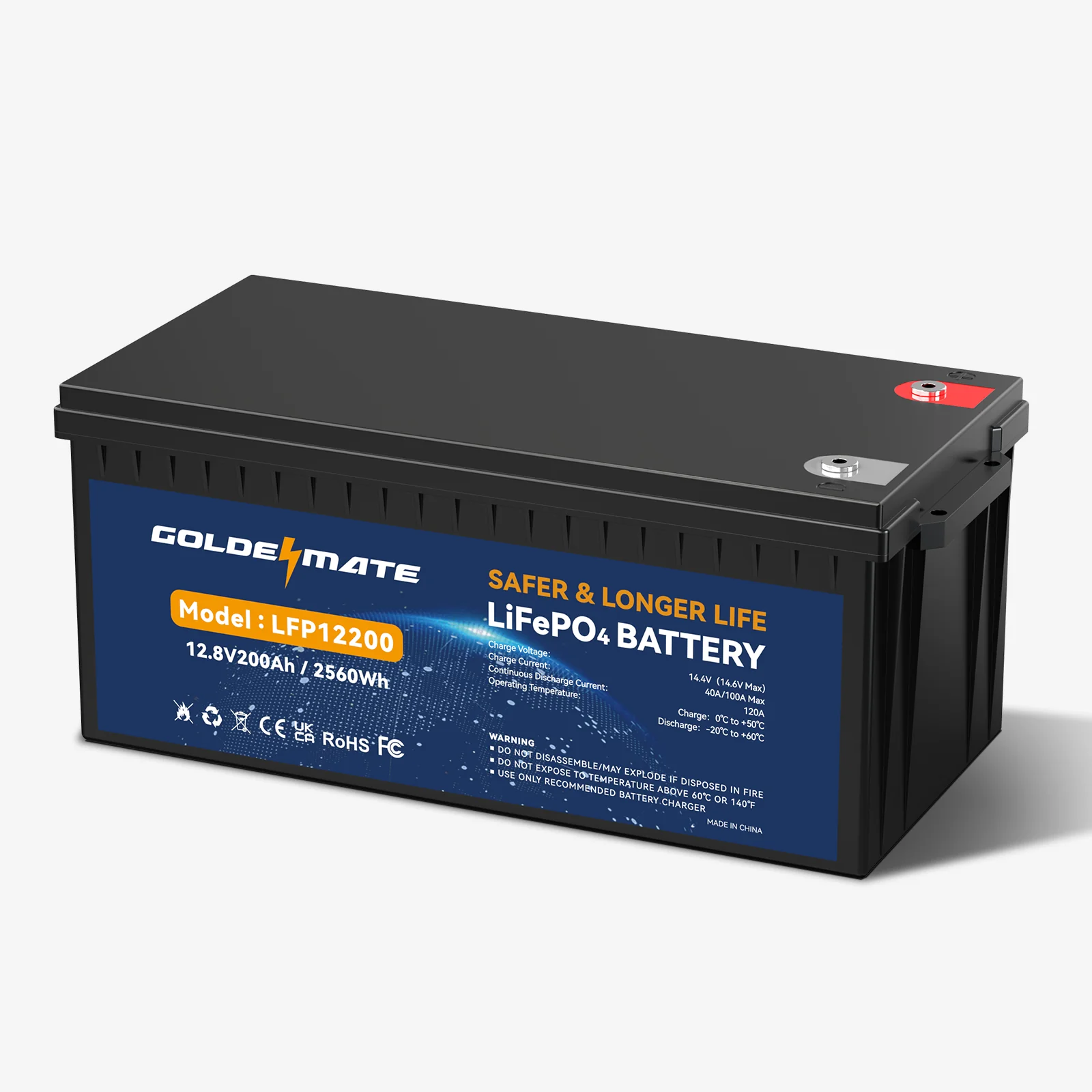
GOLDENMATE 12V 100Ah
The GOLDENMATE 12V 100Ah battery is built to last and can go through more than 15,000 charge and discharge cycles. It uses lithium technology that makes it have ten times the cycle life of the conventional lead acid batteries thus making it very reliable. Due to its high energy density, and longer cycle life, it is recommended for use in solar, off-grid systems, fish finders, power wheels, RVs, and trolling motors. This battery can be easily extended in terms of series and parallel configuration to meet the requirements of the customers in terms of capacity or voltage. It can handle heavy loads up to 100A continuous discharge current and this makes it suitable for use in RVs and other similar outdoor applications. The utilization of MPPT solar panels and generators makes recharging convenient whereby the charging time is fast with a maximum charge current of 50A. Also, it does not need frequent additions of water for its operation and is therefore convenient and efficient for energy storage.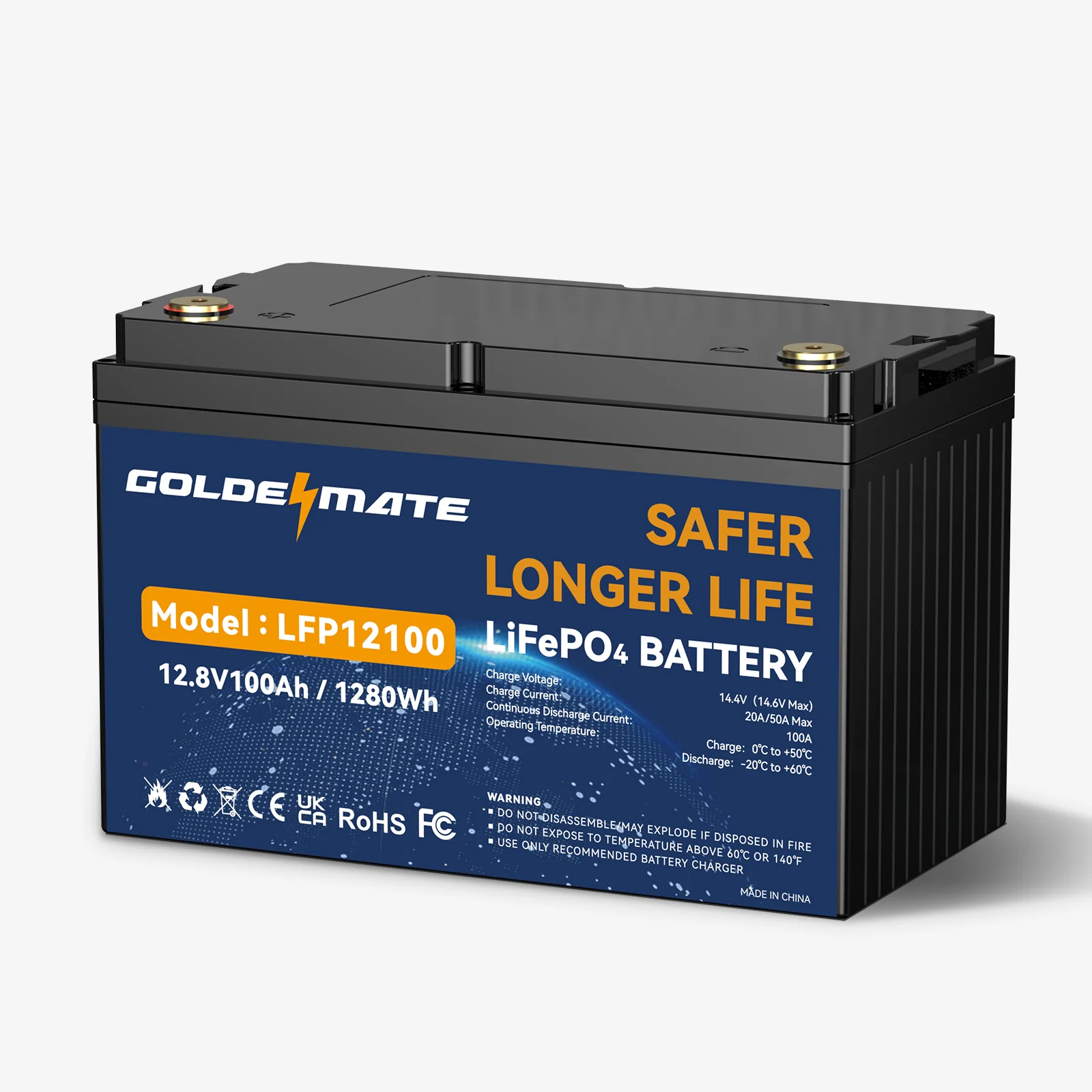
LiTime 12V 100Ah MINI LiFePO4
The LiTime 12V 100Ah MINI LiFePO4 is a sleek lithium-ion battery designed to deliver the best results. It has a slim design and can hold 1280Wh of power and is 10% lighter than the previous models, weighing only 19 pounds, which is perfect for outdoor use. The battery is also waterproof with an IP65 rating and has a crush proof design, with the working temperature range being between -4°F to 140°F making it suitable for any environment. The enhanced Battery Management System (BMS) has a life expectancy of 10 years and ensures the stable operation of the battery even after 15,000 charging/discharging cycles. The LiTime Mini Battery has a 100A BMS upgrade which makes it suitable for energy storage for solar power systems, RVs, and trolling motors that weigh between 30 and 70 pounds. For large systems, there is the improved 12V 100Ah Group 24 battery. This battery is the best option for effective and efficient energy storage for consistent and long term use.
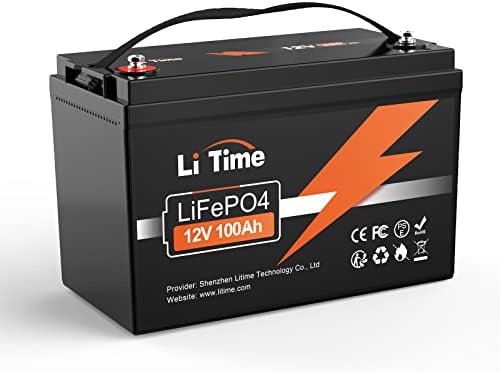
Antigravity ATX-12-Ah
The Antigravity ATX-12-Ah is a state of the art Lithium-Ion battery with the RE-START technology where you can simply press the RE-START button to start your car without the need of jump starters or clamps. For the customers’ convenience, there is an additional remote RE-START accessory. This battery comes with up to 200% larger lithium battery packs and a Quad 4 Terminal design that allows for left and right polarity connections for a universal fit. The real “OEM” case sizes guarantee perfect and quick installation for the direct replacement. Square terminals offer true-fit OEM type compatibility thus it is easy to fit the terminal in your car. The Antigravity ATX-12-Ah also has other features that make it safe and efficient to use; these include cell balancing and over charge, over discharge, and over temperature protection. The Ultimate Protection Battery Management System (BMS) guarantees the stability and the leading service life on the market, making this battery a perfect solution for your car’s power supply.
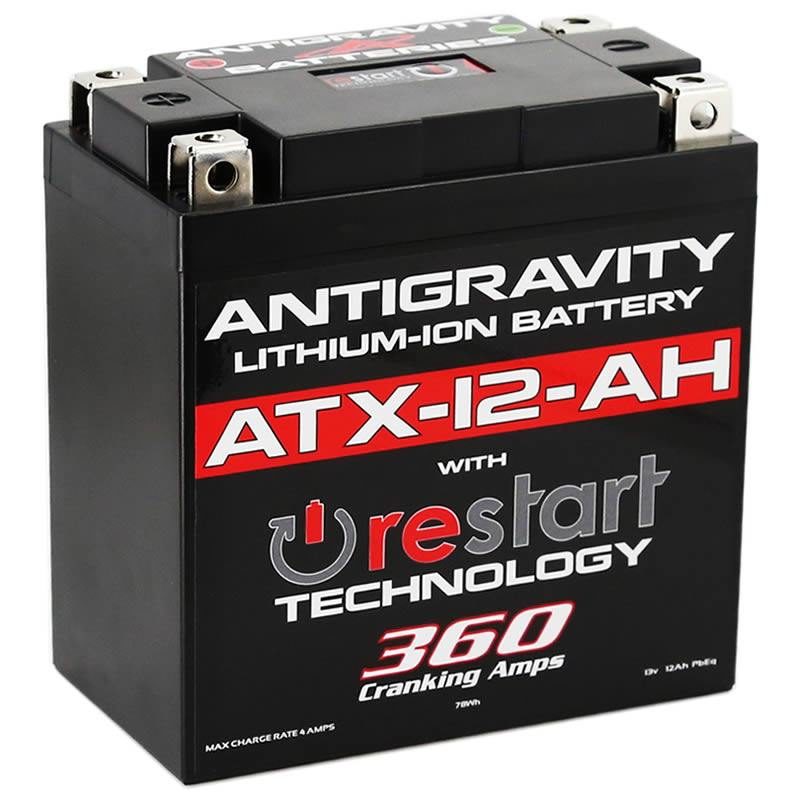
LiTime 12V 100Ah LiFePO4
Supported by the UL Testing Certification, this LiTime 12V 100AH LiFePO4 Battery is precisely a BCI Group 31 Lithium Battery built from Grade A+ LiFePO4 Cells for excellent quality, great dependability and safety. Many systems, including solar panels for houses, RVs, boats, and other off-grid systems, would find great fit for this battery. With a lifetime of up to 10 years and 4000 to 15000 cycles, the LiTime 12V 100 Ah LiFePO4 Battery is rather robust. Its little 24.25 lbs. lightweight design allows it to be 50% lighter than other lead-acid batteries, therefore facilitating transportation and installation. Very helpful for the performance of the battery during stress tests is the flat discharge curve of the battery and the 95% efficiency guarantee that the power output will be stable at all times. It is perfect for use in both interior surroundings as well as outdoor camping since it improves portability at the same time raises device efficiency. The LiTime 12V 100Ah LiFePO4 Battery will satisfy everyone looking for a portable, light-weight, robust power supply.

ExpertPower 12V 20Ah
The ExpertPower 12V 20Ah is a lithium-ion battery which is rechargeable and has a longer life span of 10years and 4000-7000 cycles. With the use of advanced Battery Management Systems (BMSs), it safeguards the battery from over discharging, over heating, over charging and other risks. The battery uses proven prismatic cells, which make it virtually immune to penetration, fire, short circuit and mechanical damage. This makes it very reliable and safe and thus suitable for use in many different fields. Furthermore, it has an assurance of quality and has a highly professional customer support service to back up this power solution. Suitable for RVs, solar power, marine, hiking, and off-grid solutions, the ExpertPower 12V 20Ah has Grade A+ LiFePO4 cells. These cells are of high quality, high energy density, and high reliability than the conventional lead-acid batteries. The UL Testing Certificate also guarantees safety, which is why this battery is perfect for off-grid systems and any outdoor use.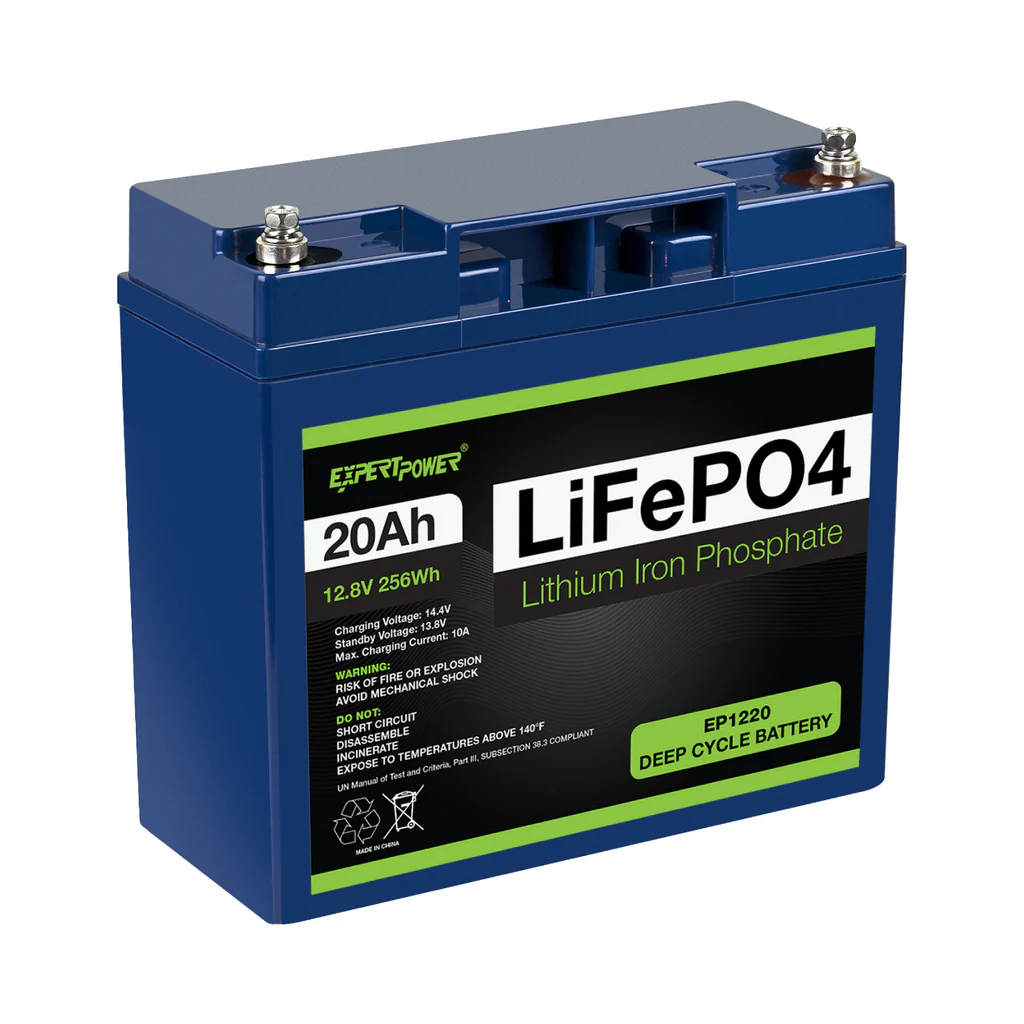
How to Choose the Best Lithium-ion Batteries
When choosing the best lithium-ion batteries, these are the 5 factors to consider.
- Select the appropriate battery type for your specific needs. Common batteries include lithium-ion, deep cycle, and lead-acid (flooded, AGM, gel). Each type has merits and cons in capacity, longevity, maintenance, and cost. Lithium-ion batteries have a higher energy density, longer longevity, and faster charging than lead-acid batteries, but they cost more. Rechargeable Li-ion batteries and charging time must be considered.
- Calculate your energy requirement to determine the necessary battery voltage, type, and capacity. Consider peak and continuing power needs for systems or devices. When picking energy cars, make sure the battery capacity can meet your needs, especially during peak demand times or short days with low sunlight for solar panels.
- Check the battery’s cycle life and durability to see how many charge-discharge cycles it can withstand before capacity decreases. Solar panels and RVs frequently charge and discharge batteries, so choose ones with a high cycle count. In cycle life and rechargeability, lithium-ion batteries outlast lead-acid batteries. When energy vehicles are in high temperatures, battery safety is crucial.
- To ensure battery safety, check for safety features and maintenance needs. Li-Ion batteries rarely need maintenance, however lead-acid batteries may need equalisation charging and electrolyte topping. Prefer batteries with incorporated safety mechanisms that prevent short circuits, overcharging, and over-discharging for always-safe operation.
- The batteries’ initial cost and subsequent value should be considered. Despite their greater initial cost, lithium-ion batteries often outperform lead-acid batteries in performance, longevity, and total cost of ownership, making them ideal for electric vehicles. To make the proper choice





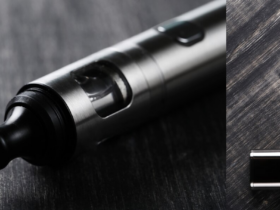



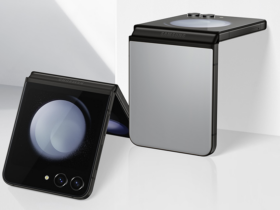





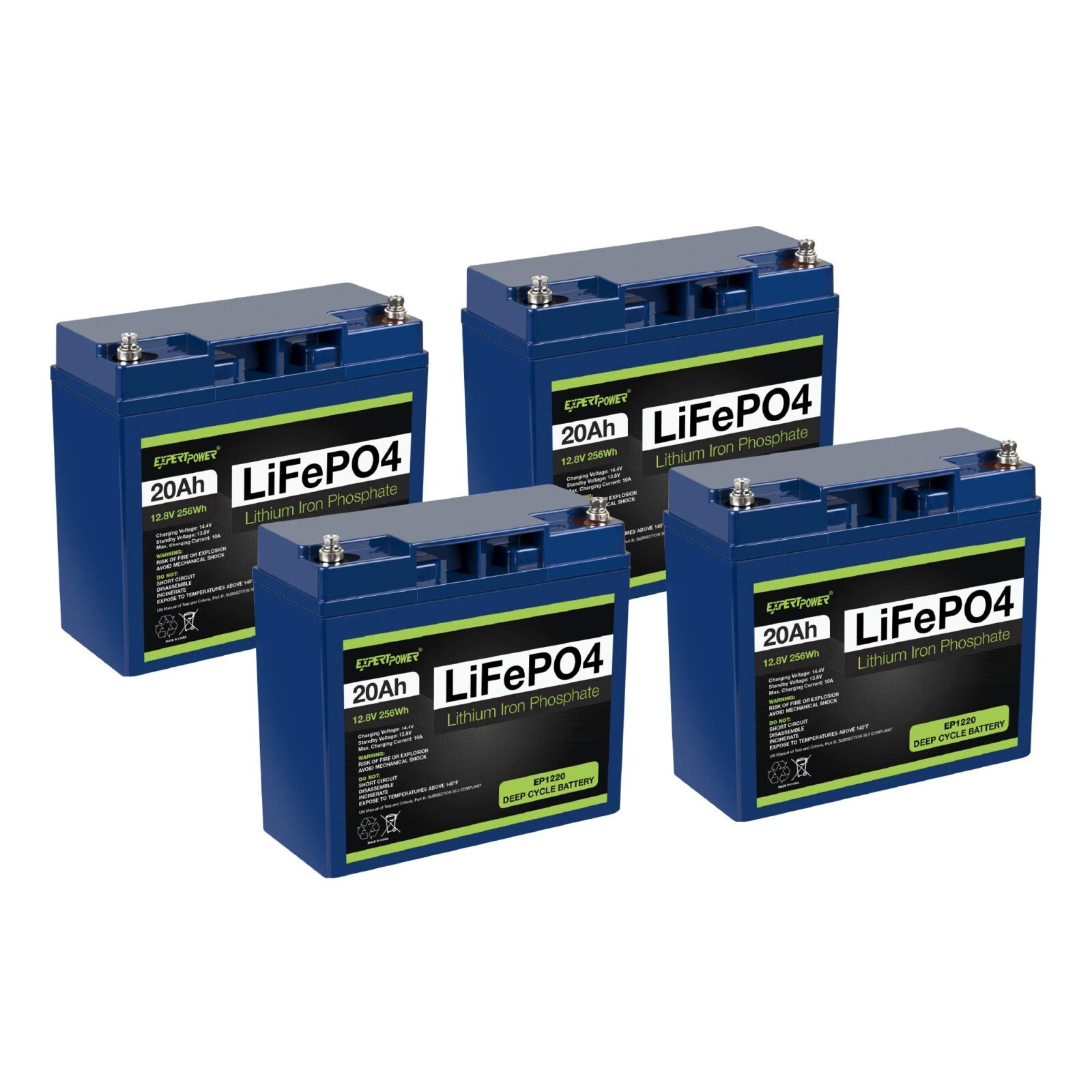

Leave a Reply